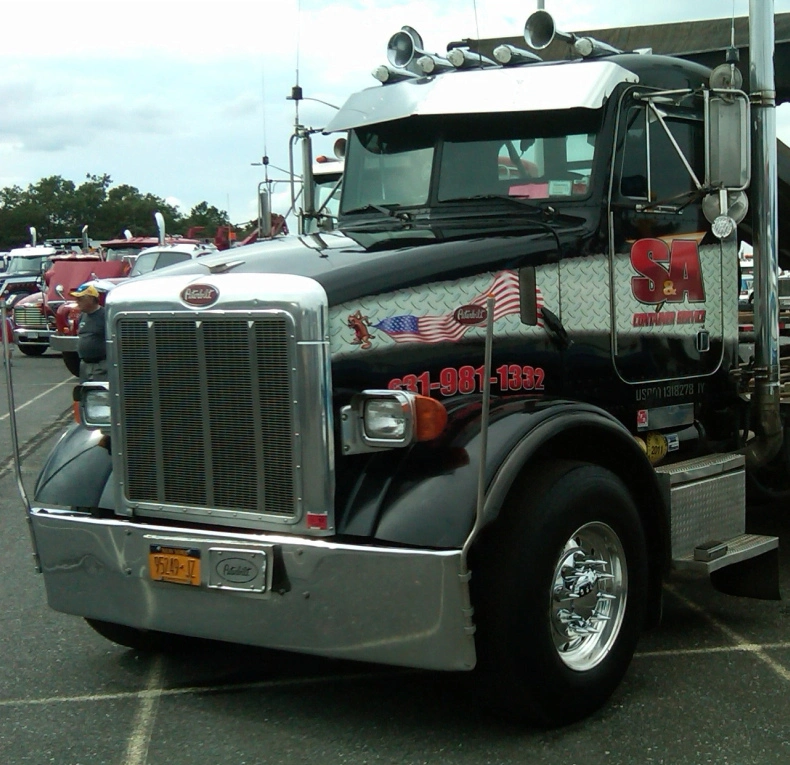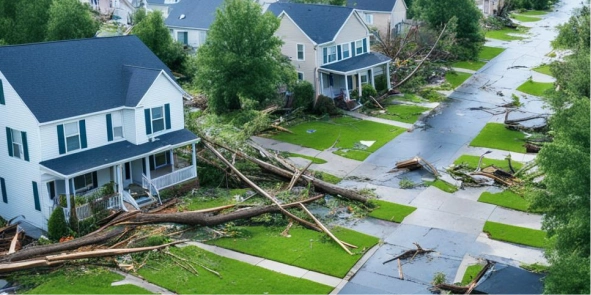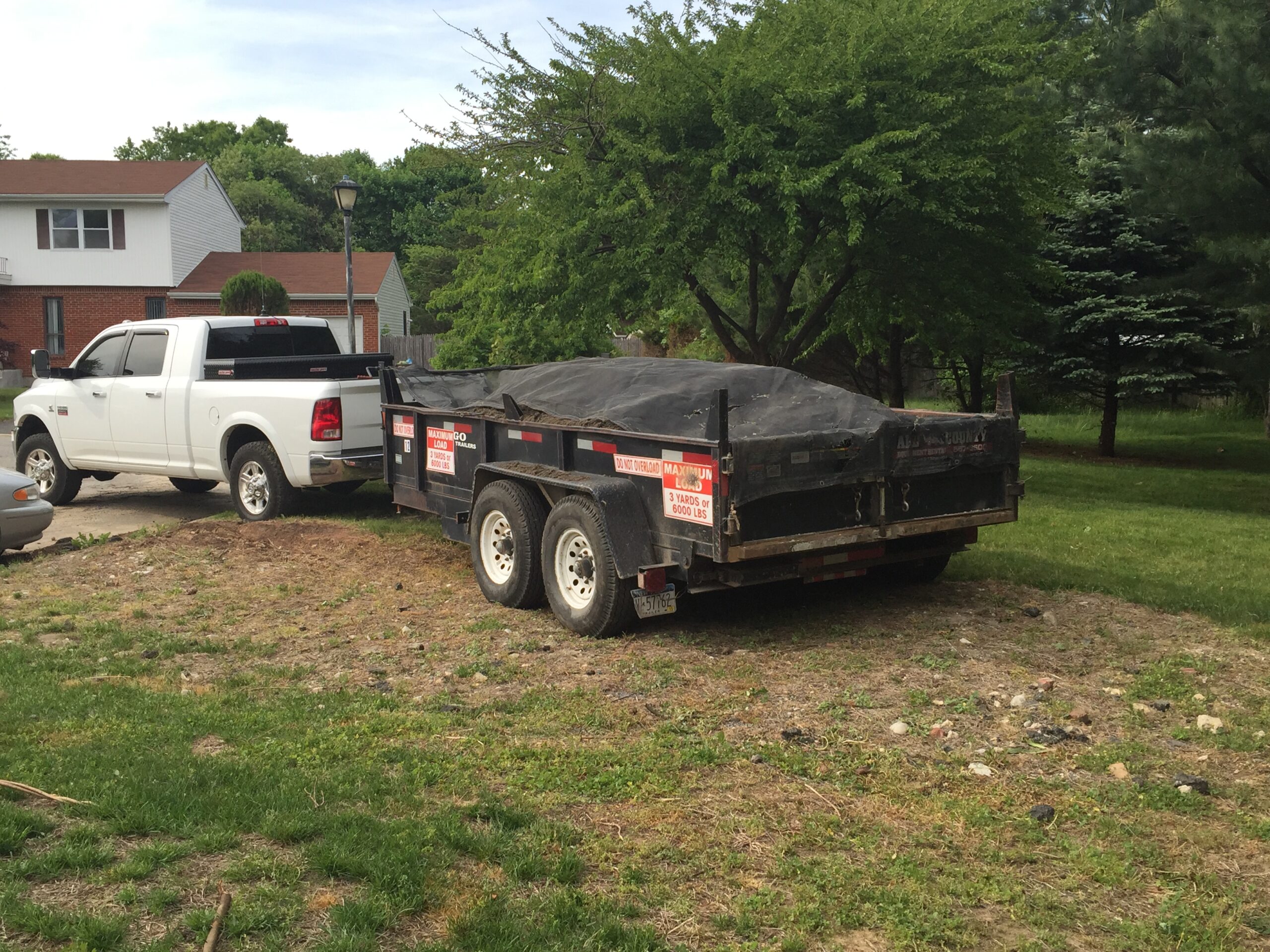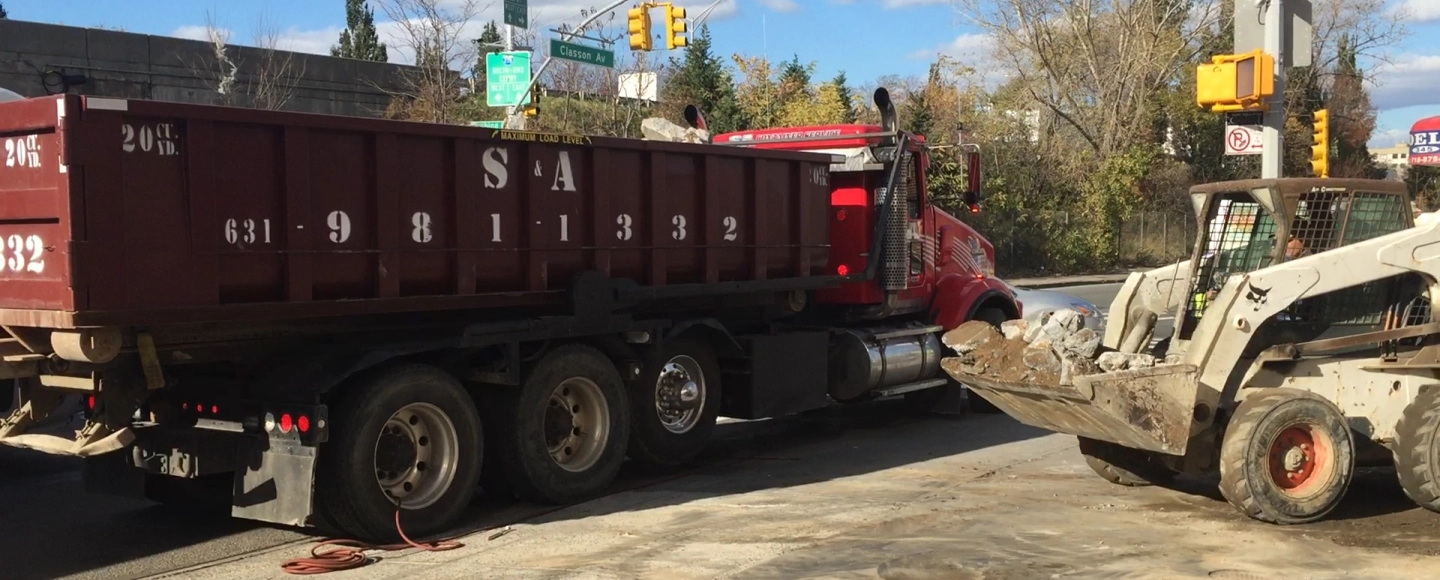Hosting an event on Long Island—whether it’s a music festival at Jones Beach, a street fair in Huntington, or a corporate gathering in Melville—means planning for food, drinks, and good times.
But let’s be clear: the work doesn’t end when the last guest leaves or the final act finishes. You’re left with a significant amount of trash that needs proper disposal. That’s where effective waste management for events on Long Island becomes essential.
Below, we’ll dive into what to do with trash at events, event trash guidelines, and waste management best practices to help you keep things clean, green, and on budget.
1. Understand Your Event’s “Waste Stream”
Before setting up your first vendor tent or stage, take a moment to consider the types of waste your event will generate. Are you serving Long Island’s famous seafood or craft beers? Expect a lot of compostable and recyclable materials—plus the usual trash. A solid waste audit (even a simple one) helps you figure out what to do with trash at events so you can plan the right bins and signage.
2. Follow Local Event Trash Rules
Every town and venue on Long Island has its own event trash rules. For instance, some areas might require recycling and composting bins or even mandate specific disposal methods for certain materials (like e-waste or cooking oil). Check with your town hall, venue manager, and local waste haulers to ensure you’re complying with the rules.
Pro tip: Don’t assume you can just “wing it.” A little research up front saves you from fines—and a whole lot of headaches—later on.
Related info:
- Long Island Cost Info By Project & Dumpster Rental Sizes
- How Much Will a Large Dumpster Rental Cost?
3. Plan for Bin Placement and Signage
If people can’t find a trash can, they’ll leave their waste wherever they please. Make bins easy to find by placing them near food vendors, entrances and exits, and high-traffic areas. Include clear, bilingual signage so attendees know exactly where to place their trash, recycling, and compost. Event trash guidelines often include recommended spacing for bins and signage clarity—especially important in busy Long Island venues like parks and beaches.
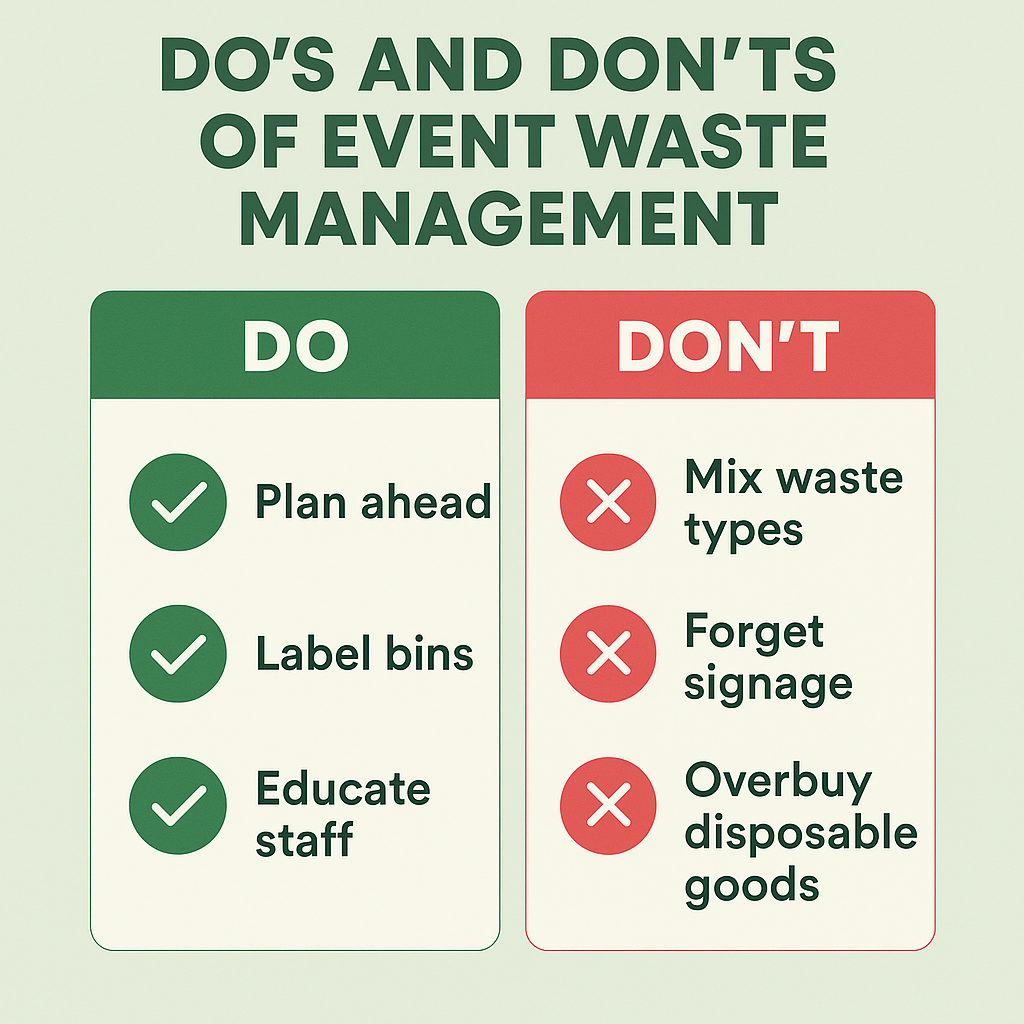
4. Educate Staff and Volunteers
Even the best waste management plan can flop if your team isn’t on board. Train staff and volunteers on waste management best practices—how to separate recyclables, handle hazardous materials, and assist guests who have questions. This not only keeps your event clean but also makes it easier to meet local regulations and keep Long Island’s natural beauty intact.
5. Partner with a Local Waste Management Company
If you’re expecting a large crowd or a multi-day event, it might be worth partnering with a professional waste management company right here on Long Island. They know the local regulations, the best disposal facilities, and the most efficient routes to keep things running smoothly. They can provide the right number and type of bins, handle disposal, and even manage on-site recycling or composting stations. That takes a huge load off your plate—literally!
6. Post-Event Cleanup and Reporting
Once the fun’s over, it’s time for cleanup. Make sure your team knows who’s responsible for what, and that all areas are checked for trash. Some Long Island venues—especially town parks—require post-event waste reports detailing how much was recycled, composted, or landfilled. Having this data handy helps you improve your waste management best practices for the next event.
7. Why a Dumpster Rental Makes Sense for Long Island Events
If your event is on the larger side—or even just medium-sized with a lot of waste—consider renting a dumpster. A dumpster rental is a smart choice on Long Island because it can handle bulk trash, recyclables, and even compostable items (depending on the setup).
It saves you from multiple trips to the landfill or recycling center and keeps the site looking tidy. Plus, many local dumpster rental companies specialize in event waste management and can help you meet local recycling or composting requirements. Talk about a win-win!
Consider using S&A Container Service as your event’s dumpster rental provider. Contact us here.
TL;DR Summary
- Know your waste: Figure out what kind of trash your event will generate before it starts.
- Follow local rules: Check event trash rules in your Long Island town to avoid fines and headaches.
- Smart bin placement: Make it easy for attendees to dispose of waste properly.
- Train your team: Staff and volunteers need to know what to do with trash at events.
- Hire the pros: Consider a local waste management partner to handle the heavy lifting.
